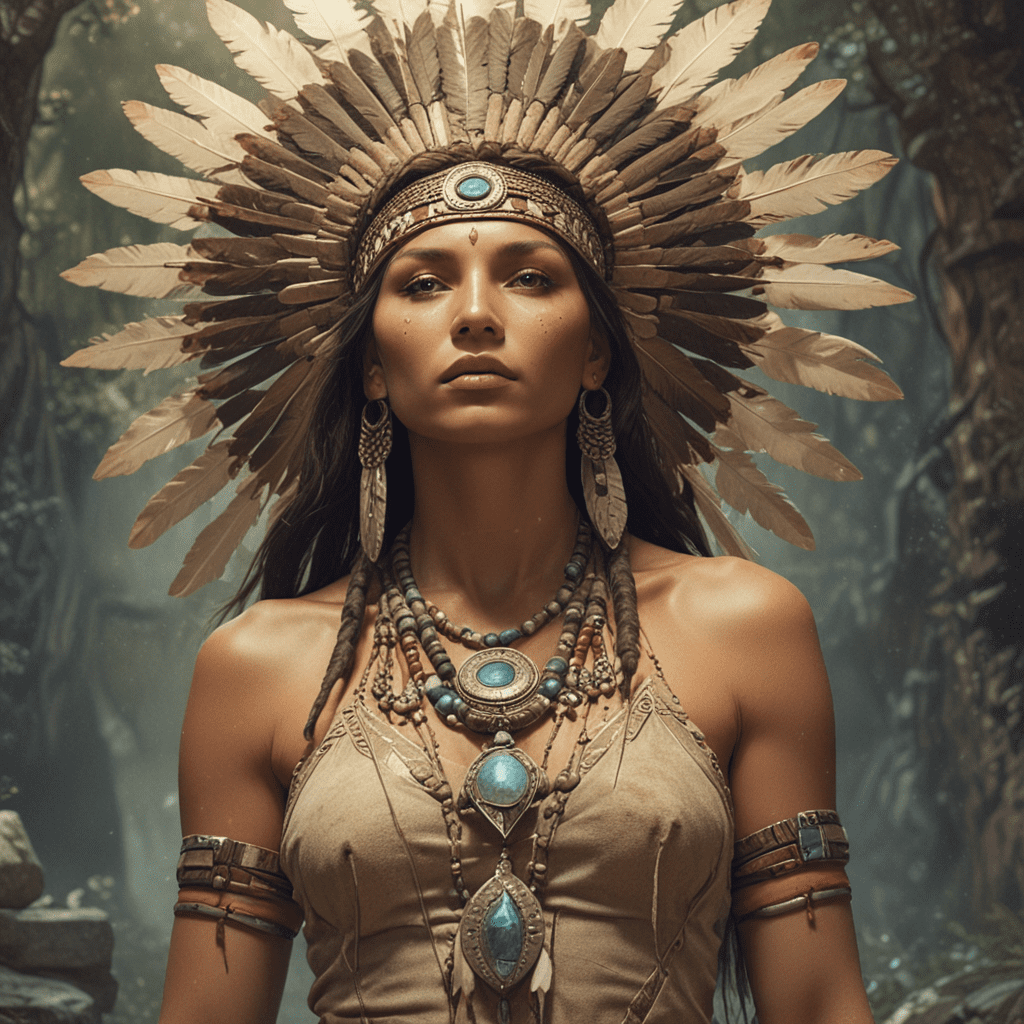The Sacred Roots: Exploring the Origins of Myths
Introduction to Myths: Definition and Importance
Myths are traditional stories that convey the beliefs, values, and ideals of a culture. They often involve supernatural beings or events and serve to explain natural phenomena, human behavior, and cultural practices. Myths are not just mere tales; they are integral to the identity of societies, providing a framework for understanding the world.
The role of myths in various cultures is profound. They serve as a means of communication, passing down wisdom from generation to generation. Myths help to forge communal bonds, instilling a sense of belonging and shared identity among people. Understanding the origins of myths is crucial as it allows us to grasp the foundational narratives that shape societies and influence contemporary thought.
The Historical Context of Myths
Ancient civilizations, such as those in Mesopotamia, Egypt, Greece, and the Americas, each developed rich mythologies that reflected their unique historical and cultural contexts. For example, the epic tales of Gilgamesh reveal insights into the values and struggles of early Mesopotamian society.
- Mesopotamia: Myths often centered around gods and creation stories that explained agricultural cycles.
- Ancient Greece: The pantheon of gods personified various aspects of life, influencing art, literature, and politics.
- Indigenous Cultures: Myths served to explain the natural world and the interconnectedness of life.
Historical events often shaped these mythological narratives, giving rise to stories that reflected the socio-political climate of the time. For instance, the Trojan War in Greek mythology illustrates themes of honor, betrayal, and the consequences of human folly.
The Psychological Underpinnings of Myths
Carl Jung’s theories on archetypes and the collective unconscious provide a lens through which we can understand the psychological dimensions of myths. According to Jung, myths are manifestations of universal archetypes that reside within the collective unconscious of humanity.
Myths reflect human psychology and societal values, often personifying internal conflicts and moral dilemmas. They serve as a mirror, reflecting the challenges and aspirations of individuals and communities alike.
Moreover, myths can play a therapeutic role in personal and cultural identity. They offer narratives that help individuals navigate their own experiences, providing solace and understanding in times of difficulty.
Mythology and Religion: A Complex Relationship
The relationship between mythology and religion is intricate, with many myths forming the backbone of religious beliefs. For instance, creation myths are foundational to many religions, serving to explain the origins of the universe and human life.
Case studies of mythological figures in various religions illustrate this overlap:
- Hercules: A hero in Greek mythology, his stories have influenced Christian interpretations of strength and redemption.
- Krishna: In Hinduism, Krishna’s tales are both mythological and religious, embodying divine principles.
- Muhammad: As a historical and religious figure, stories about him often intertwine with mythological elements in Islamic tradition.
Over time, many myths have evolved into religious doctrines, with their original meanings sometimes obscured or transformed.
Cultural Transmission of Myths
Myths are transmitted through generations via various methods, including oral traditions, storytelling, and written texts. The oral tradition, in particular, plays a significant role in preserving myths, as stories are passed down through storytelling, often evolving in the process.
The impact of oral tradition vs. written records is significant:
- Oral Tradition: Allows for flexibility and adaptation, making myths relevant to contemporary audiences.
- Written Records: Provide permanence and consistency, preserving myths in their original forms.
Globalization is also changing the landscape of myth-sharing, as cultures interact and exchange stories, leading to hybrid myths that incorporate elements from multiple traditions.
Symbolism and Themes in Myths
Across different cultures, certain symbols and themes recur, reflecting shared human experiences. Common symbols include:
- Creation Myths: Stories explaining the origins of the world, such as the Genesis account in the Bible.
- Hero’s Journeys: The archetypal journey of the hero, seen in tales from Odysseus to modern superheroes.
The significance of these myths often lies in the moral lessons and ethical dilemmas they present. They serve as cautionary tales, guiding individuals and societies in their moral decision-making.
Myths in Modern Society
Despite their ancient origins, myths remain relevant in contemporary culture. Modern adaptations of ancient myths can be found in literature, film, and art. Examples include:
- Literature: Novels like “Circe” by Madeline Miller reimagine Greek mythology for modern audiences.
- Film: Movies like “Thor” and “Wonder Woman” draw heavily from mythological sources.
Moreover, myths play a vital role in shaping national identities and narratives, often serving as a unifying force within diverse populations.
The Role of Folklore and Legends in Myth Creation
It is essential to distinguish between myths, folklore, and legends. Myths typically deal with gods and the creation of the world, while folklore encompasses a broader range of oral traditions and cultural practices.
Folklore contributes to the development of myths by providing local customs, tales, and beliefs that enrich the mythological landscape. Local traditions often influence myth formation, leading to unique variations of similar themes across different cultures.
The Academic Study of Mythology
The academic study of mythology employs various theories and methodologies. Key theories include structuralism, which analyzes myths based on underlying structures, and functionalism, which examines the role of myths in society.
Prominent scholars like Joseph Campbell and Mircea Eliade have made significant contributions to our understanding of myths and their functions. The interdisciplinary nature of mythology encompasses fields such as anthropology, psychology, and literature, allowing for a richer understanding of these narratives.
Conclusion: The Enduring Power of Myths
In conclusion, understanding the origins and functions of myths is vital for appreciating their significance in human culture. Myths continue to shape our experiences, offering insights into our collective psyche and societal values.
As we explore the rich tapestry of global mythologies, we uncover not only the stories of our ancestors but also the enduring truths that resonate throughout human history. Let us continue to appreciate and explore these sacred roots that connect us all.



